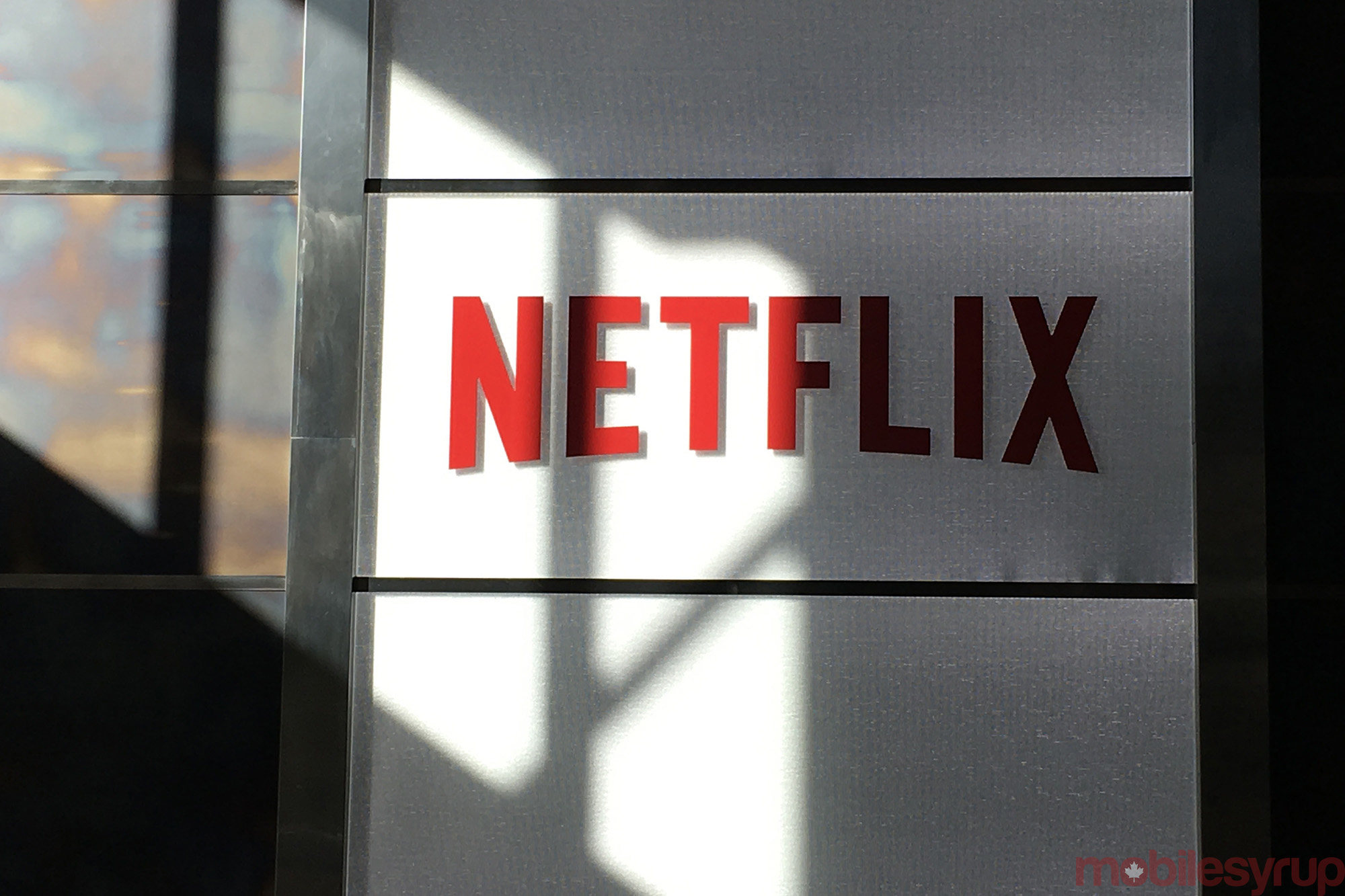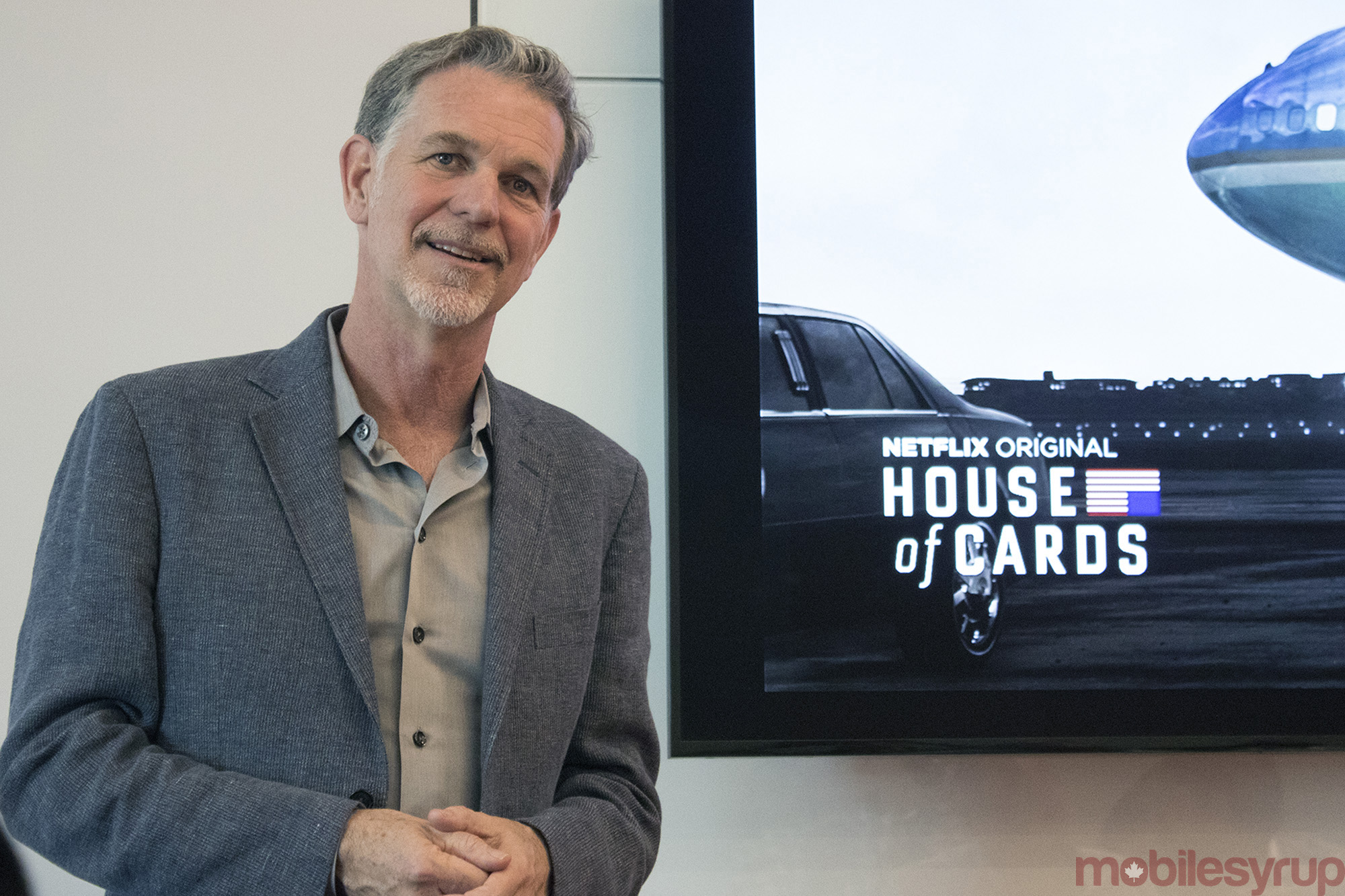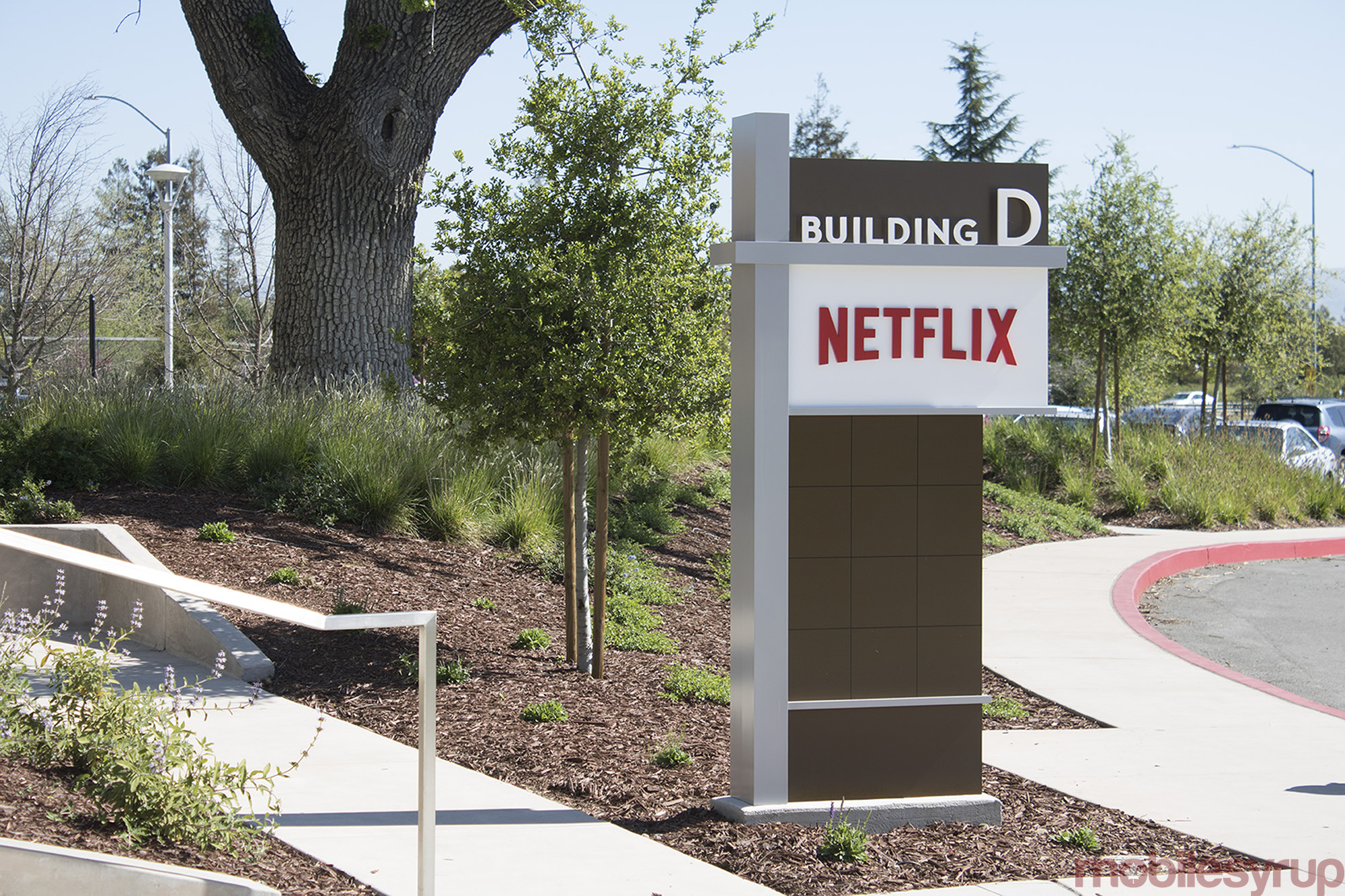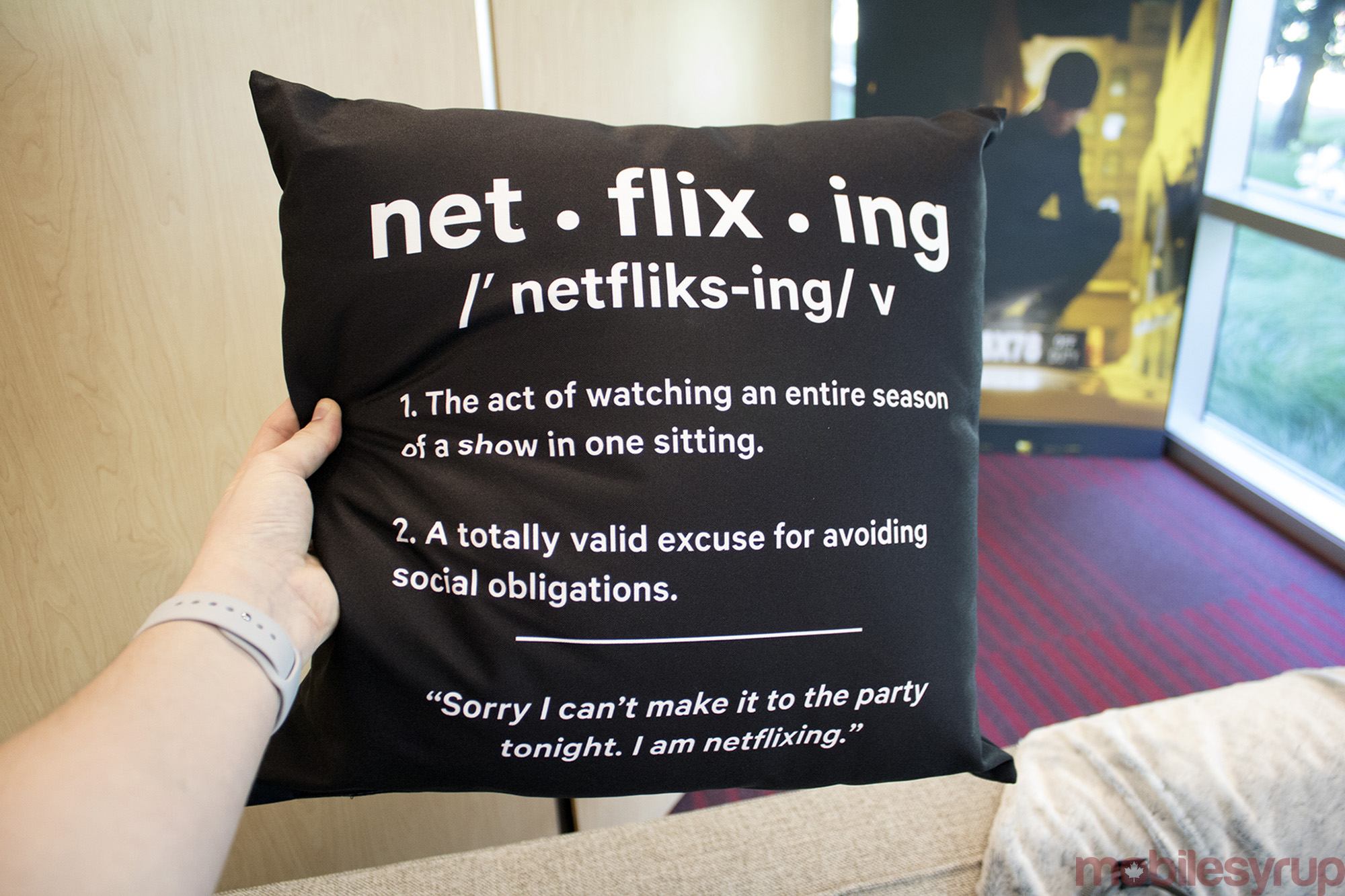
It looks like Netflix has no plans to reverse its controversial decision to begin blocking region-switching proxy services that specialize in allowing subscribers to access content from different Netflix regions.
During a recent roundtable discussion MobileSyrup attended at Netflix’s head office in Los Gatos, California, Netflix CEO Reed Hastings finally commented on the company’s controversial move to begin blocking the use of proxy VPN/DNS services.
“We have the obligation to respect the content rights that we buy; it’s just a simple fairness thing. Someone else has paid for the rights in Germany, so we should respect that, just as we would expect the same in return,” said Hastings.

Since Netflix’s 2011 release in Canada, Canadians, as well as people from other regions of the world, have been using proxy DNS/VPN services to access additional Netflix libraries, most notably the wealth of content available in the U.S. It’s worth noting, however, that this is a direct violation of Netflix’s terms of service.
“The basic thing is if we license a movie here [the U.S.], and then another network licenses it in Germany, then we don’t don’t have the rights to display it in Germany. That’s why we have to enforce those VPN rules, just like Amazon Prime Instant Video and others do as well,” said Hastings. “Think of it as the maturation of Internet TV”
As the tools to region-switch have become easier to use, increasing numbers of people around the world are bypassing Netflix’s region-based content management system, accessing television shows and movies they otherwise wouldn’t be able to. Interested in watching Netflix U.K.-only content like Peaky Blinders? Simply sign up for a service like Unblock-Us and proxy your way to Netflix’s U.K. library.

When asked about the specific technology Netflix is using to detect VPN/DNS use, Hasting’s remained uncharacteristically cryptic.
“It’s third-party stuff that other people have developed as far as I understand, it’s like recognizing IP addresses,” said Hastings. It’s believed that completely blocking the use of VPN/DNS services is impossible for Netflix, since service providers only need to switch to a new IP address or DNS range to bypass the lock.
With Netflix’s global expansion to 130 new regions in early January, the streaming platform began cracking down on the region-switching proxy services it seemed to once willfully ignore. After all, if proxy users are paying Netflix’s $9.99 monthly subscription fee, as long as rights holders aren’t pressuring Netflix to stop their use, it makes sense the company hasn’t done anything until now. Netflix’s recent global expansion likely woke many international rights holders to the growing issue, forcing the company’s hand in the matter.

“This is the internet age, where content blends through boundaries,” said Hastings while talking about Netflix’s recent efforts to simultaneously launch its original content in various regions around the world. “What we hope to do in time, is be as popular in Thailand, Germany and Poland, as we are in the U.S., and to be producing content in every nation of the world, and to be sharing that content around the world,”
Hastings says that he envisions a Netflix without geographic content restrictions, but that achieving this goal will take time and a significant amount of work. He cites the streaming platform’s original content, which includes the recent launch of Daredevil 2, as an example how he hopes digital rights agreements will be formed with third-parties moving forward.

“If it’s a third party like Sony selling content, we’ll win in one nation, and get outbid in another, sort of like sports [broadcasting] rights. So what we’re doing to get around that is both increasing our bids – for example, How to Get Away With Murder we get globally from ABC – and also we’re focused on producing global series like Narcos, The Crown, and the Get Down,” said Hastings, discussing Netflix’s recent efforts to launch more content globally.
“It’s a temporary issue. We know what everybody wants, which is the same catalogue around the world. We’re frustrated that we’re not there, but we will get there, and before everybody else.”
MobileSyrup may earn a commission from purchases made via our links, which helps fund the journalism we provide free on our website. These links do not influence our editorial content. Support us here.


